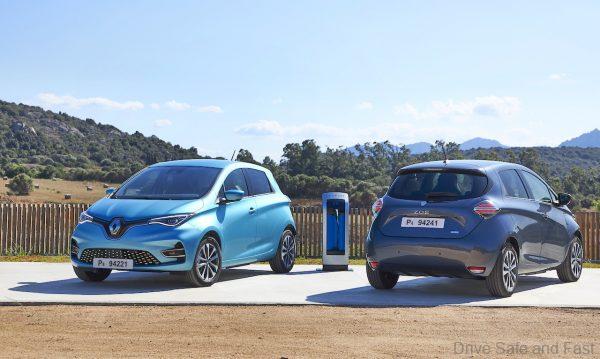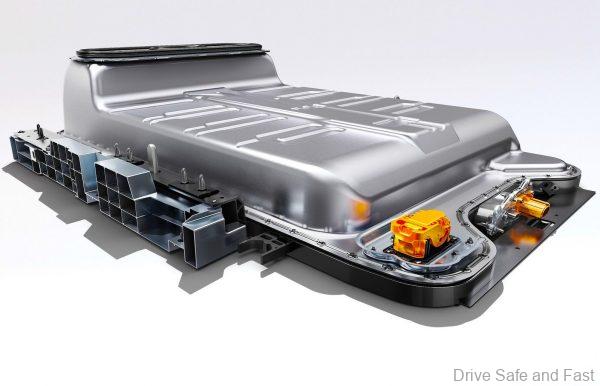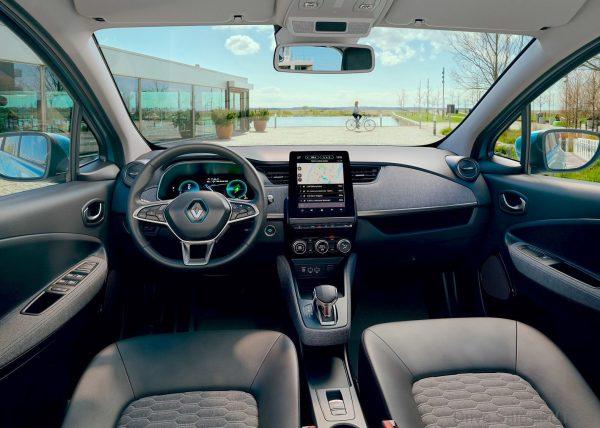Global carmakers now estimating billions for electric vehicle battery manufacturing.
To lower the price of electric vehicles to be almost the same as its petrol version is the target that all current car manufacturers are looking at. It will take time as current car manufacturers have invested in petrol engine production and research in the last decade and some have even spent millions for plug-in hybrids to meet emission laws of their region.



Unlike new electric car manufacturers like Tesla and BYD (who announced last year their delivery of one million vehicles), the traditional car manufacturer will need to work with battery and motor partners to procure batteries and motors that are better priced and more efficient. This is important as the cost of an electric vehicle currently is 30 percent to 40 percent higher over the total production cost for a petrol powered vehicle.
Reuters has just reported that global automakers are planning to spend more than half a trillion dollars on electric vehicles and batteries through 2030, according to a Reuters analysis, amping up investments aimed at weaning car buyers away from fossil fuels and meeting increasingly tough de-carbonization targets.
Less than three years ago, a similar analysis by Reuters found car companies planned to spend USD300 billion on EVs and related technologies. But looming zero-carbon mandates in cities such as London and Paris and countries from Norway to China have lent additional urgency to the industry’s EV-related investment commitments.
The most recent analysis shows carmakers planning to spend an estimated USD515 billion over the next five to 10 years to develop and build new battery-powered vehicles and shift away from their combustion engines.



Germany’s VW Group, which is still recovering financially from the 2016 Dieselgate emissions cheating scandal, continues to lead the rest of the industry, with more than USD110 billion in EV and battery investment commitments through 2030.
Those commitments, which represent more than 20 percent of the industry total, underpin VW’s aggressive rollout plans for millions of EVs in Europe, China and North America over the next decade.
VW’s investments, like those of many of its rivals, are aimed at improving the range and performance of batteries and lowering the cost of EVs, as well as expanding battery and EV production across the globe, according to public data released by the companies.

VW and fellow German automakers Daimler AG (DAIGn.DE) and BMW AG (BMWG.DE) are planning to spend a combined USD185 billion through 2030, while U.S. automakers GM and Ford expect to spend nearly USD60 billion through 2025.
Chinese automakers, led by VW and GM local partner SAIC Motor (600104.SS), have announced well over USD100 billion in investment targets over the next decade. Japanese automakers lag far behind, with Honda Motor (7267.T), Toyota Motor and Nissan Motor (7201.T) so far publicly committing less than USD40 billion combined.
These investments do not include the tens of billions of dollars being invested in additional production capacity by the world’s largest battery companies, many in cooperation with their automaker partners.

